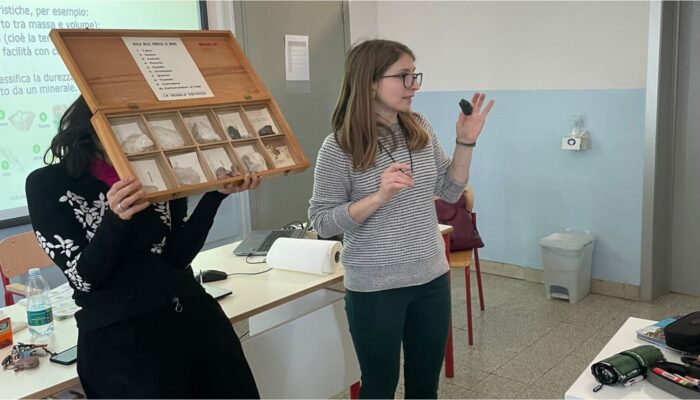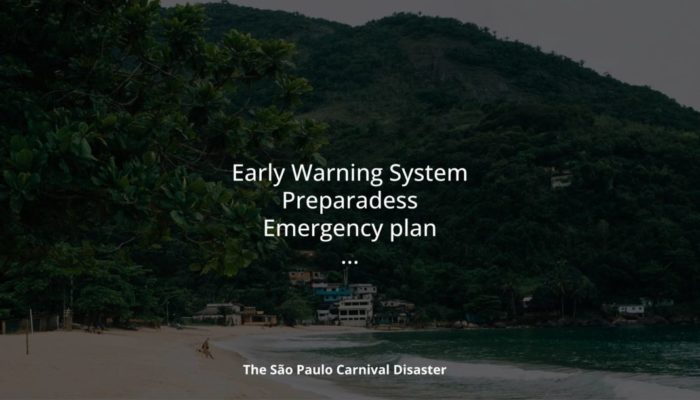Valeria Cigala (Ph.D.) is a geoscientist by education and an expert in explosive volcanism and related hazards. She has been the Early Career Scientists Representative for the Natural Hazards Division of EGU from 2019 to 2022 and Editor-in-chief of our blog. Valeria is currently employed as a maths and science teacher at the middle school level in Italy. In this inspiring interview, she is sharing ...[Read More]
“My teacher is a volcanologist”- Valeria Cigala tells us about her journey from academia to middle school teaching




